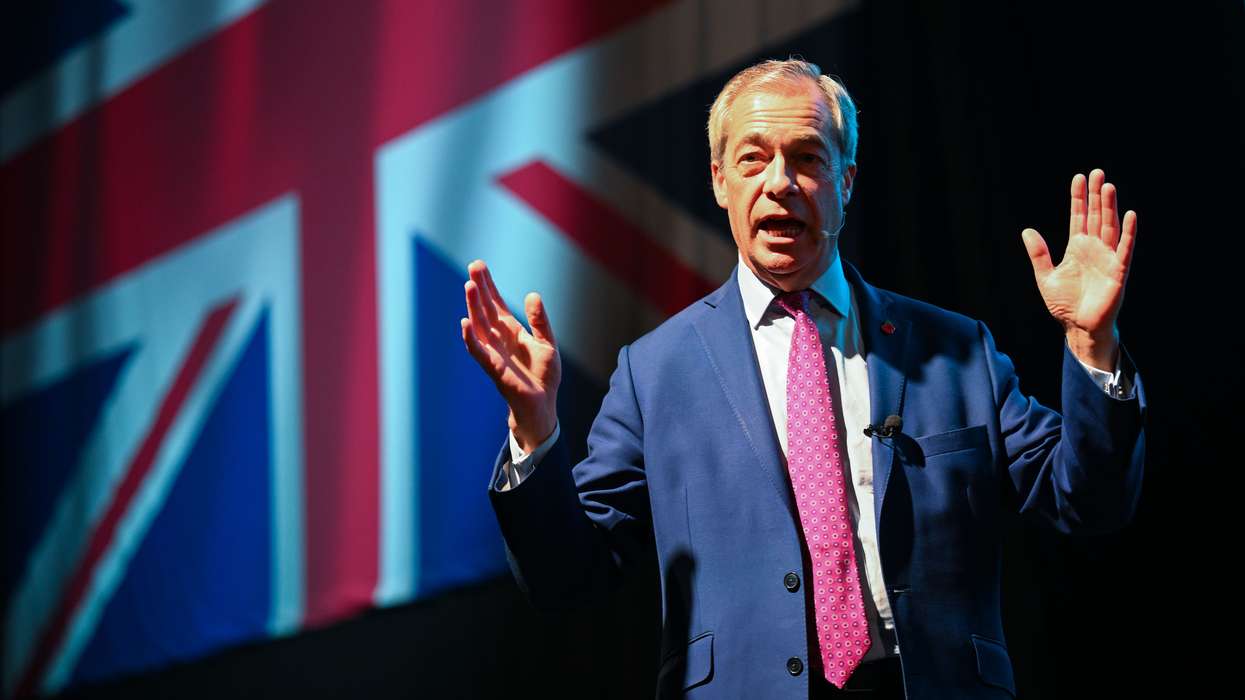AIR INDIA said on Tuesday that it had completed precautionary inspections of the fuel control switch locking mechanism on all its Boeing 787 and 737 aircraft, and no issues were found.
The inspections come amid an investigation into the Air India crash that resulted in the deaths of 241 people on board and 19 on the ground. The probe is focused on the fuel control switches of the Boeing 787 jetliner. A final report from India’s Aircraft Accident Investigation Bureau (AAIB) is expected within a year of the incident.
The fuel control switches manage fuel flow to aircraft engines, allowing pilots to start or shut them down while on the ground, or manually intervene during an in-flight engine failure.
ALSO READ: Air India completes probe of fuel switches after crash, finds no faults
Air India started voluntary inspections of the switches on July 12. Following this, India’s aviation regulator directed all domestic carriers to carry out similar checks. Some foreign airlines and regulators also followed suit.
A preliminary report issued earlier this month by the AAIB said the switches had almost simultaneously flipped from ‘run’ to ‘cutoff’ shortly after takeoff, leading to loss of engine power.
The report referred to a 2018 advisory from the FAA that had urged operators of certain Boeing models, including the 787, to inspect the locking mechanism on the fuel cutoff switches to prevent unintentional movement.
Both the FAA and Boeing have issued private notifications stating that the fuel switch locks on Boeing aircraft are safe, Reuters had reported.
ALSO READ ‘Too soon to blame Air India pilots for crash’
Reuters also reported last week, citing a source, that a cockpit recording from the Air India flight from Ahmedabad to London Gatwick suggested the captain had cut fuel to the engines.
The AAIB has said it is too early to reach any conclusions.
Air India uses Boeing 787 twin-aisle jets for long-haul flights, while its low-cost arm, Air India Express, operates Boeing 737 single-aisle aircraft.
(With inputs from agencies)





